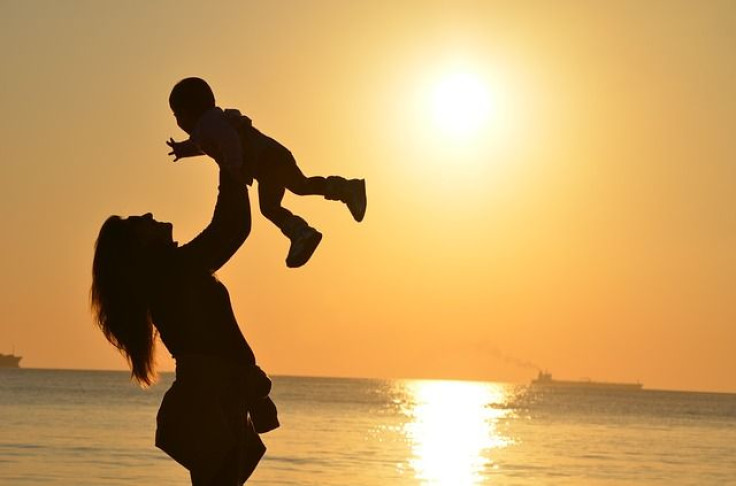Children Born To Older Mothers May Be Better Behaved And More Emotionally Stable

Women may feel societal, and biological, pressure to have children while they are still in their 20s and early 30s, but new research suggests that there are unforeseen advantages to postponing motherhood. According to the new study, children of older mothers have fewer behavioral, social, and emotional difficulties than children of younger mothers due to differences in lifestyle and parenting fashion. However, this advantage does not last forever, and may start to teeter off once a child reaches 15.
According to the study, published online now in European Journal of Developmental Psychology, older maternal age is associated with a number of advantages that extend all the way into the children’s school age. The study found that older mothers thrive better in the pregnancy and the first part of motherhood, as older maternal age is associated with increased psychosocial wellbeing during pregnancy, and in the early days after the child is born. That means they're happier about being parents, and in turn, have a more positive attitude towards their children.
The study tracked children born to 4,741 mothers who were part of the Danish Longitudinal Survey of Children. The children were followed up at age 7, 11 and 15, and results showed clear behavioral, social, and emotional advantages to children born to older mothers.
"We know that people become more mentally flexible with age, are more tolerant of other people and thrive better emotionally themselves. That's why psychological maturity may explain why older mothers do not scold and physically discipline their children as much," says Professor Dion Sommer in a recent statement. “This style of parenting can thereby contribute to a positive psychosocial environment which affects the children's upbringing."
In addition, older mothers are usually more educated, financially stable, and in more stable relationships than their younger counterparts. As a result, they may have more access to material resources, which could help increase the wellbeing of their children.
Recent research has also suggested that older maternal age may also give children an intellectual advantage. According to the study published last month, current shifts in age of first pregnancy mean that mothers in their mid- to late 30s are more likely to give birth to their first child, as opposed to the past when women of this age were more likely to give birth to their third or fourth child. As a result, older mothers can now give their first, and often only, child more attention.
In addition, older mothers are more likely to be more financially well-off, which means they can dedicate more resources to their children. Lastly, according to the study, older mothers are less likely to smoke during pregnancy than younger mothers. The combination of more attention, resources, and fewer health risks mean that the children of older mothers may also have increased intelligence.
Source: Trillingsgaard T, Sommer D. Associations between older maternal age, use of sanctions, and children’s socio-emotional development through 7, 11, and 15 years. European Journal of Development Psychology. 2017
See Also:
For Kids With Older Moms, Social And Environmental Factors Outweigh Biological Ones
At Both Extremes, Younger And Older Mothers Experience More Pregnancy Complications



























